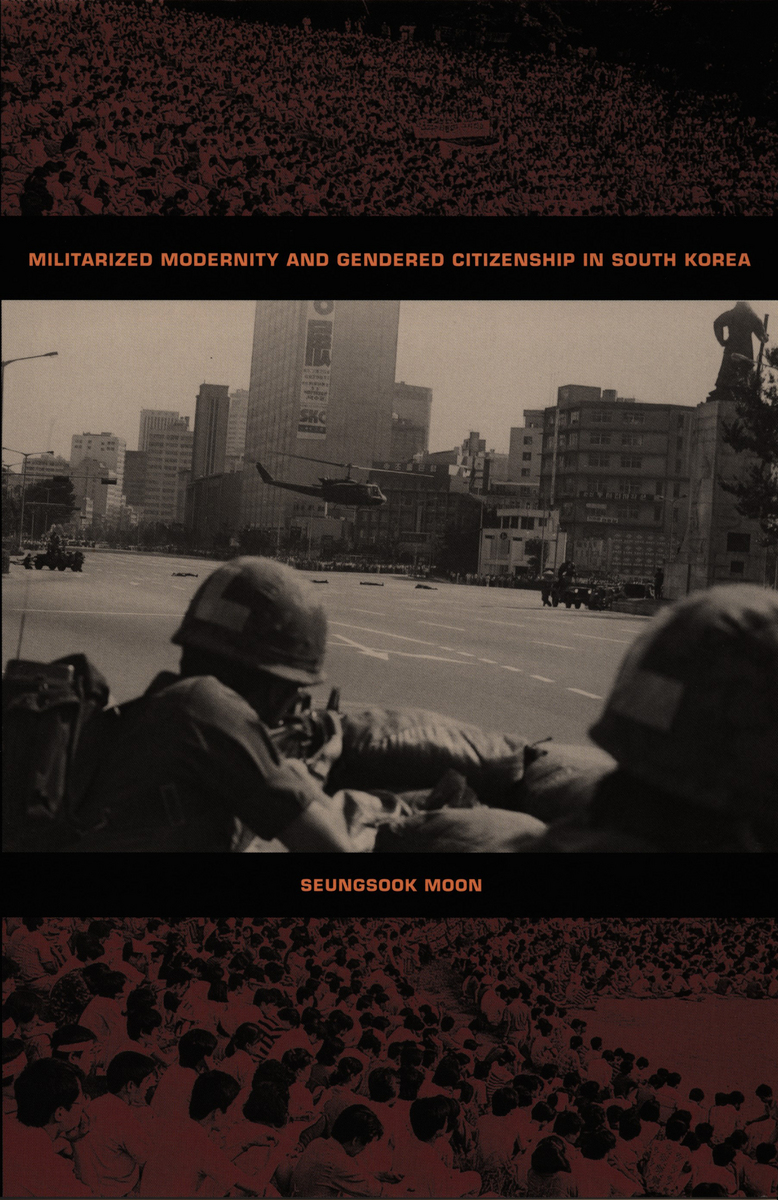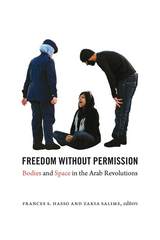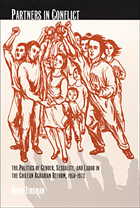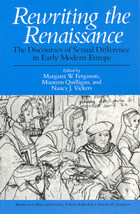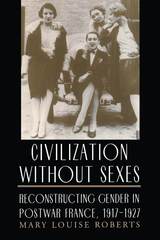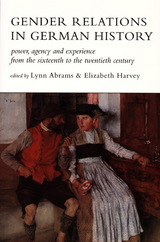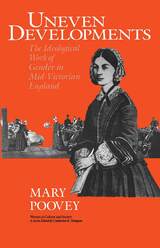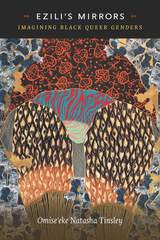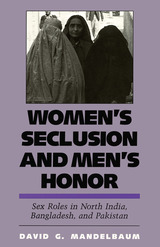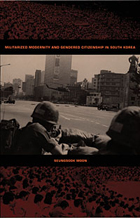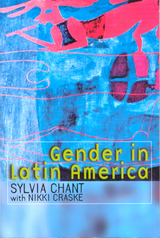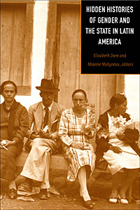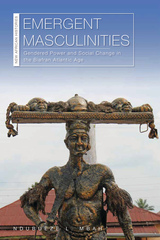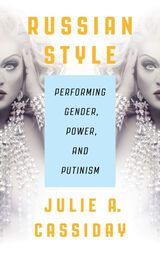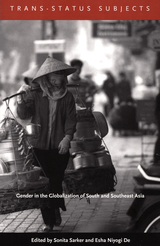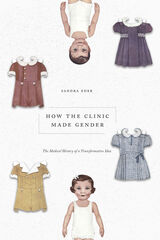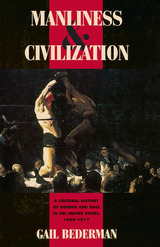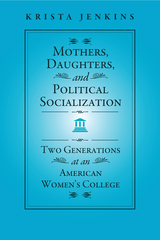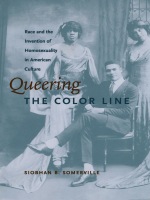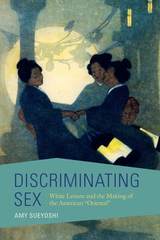Cloth: 978-0-8223-3627-3 | eISBN: 978-0-8223-8731-2 | Paper: 978-0-8223-3616-7
Library of Congress Classification HQ1075.5.K6M66 2005
Dewey Decimal Classification 306.27095195
Moon situates militarized modernity in the historical context of colonialism and nationalism in the twentieth century. She follows the course of militarized modernity in South Korea from its development in the early 1960s through its peak in the 1970s and its decline after rule by military dictatorship ceased in 1987. She highlights the crucial role of the Cold War in South Korea’s militarization and the continuities in the disciplinary tactics used by the Japanese colonial rulers and the postcolonial military regimes. Moon reveals how, in the years since 1987, various social movements—particularly the women’s and labor movements—began the still-ongoing process of revitalizing South Korean civil society and forging citizenship as a new form of membership in the democratizing nation.
See other books on: 1960- | Citizenship | Korea | Korea (South) | Militarism
See other titles from Duke University Press
